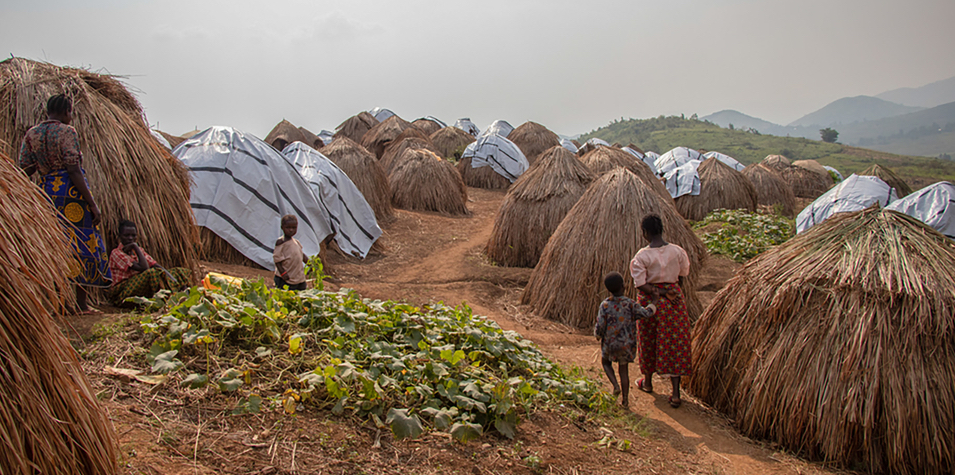
Ethnically targeted attacks in the Democratic Republic of the Congo’s resource-rich Ituri province may be reaching the point of “crimes against humanity,” United Nations officials warned May 27. A report by the UN Joint Human Rights Office (UNJHRO) documents a dramatic escalation in hostilities between the Hema and Lendu ethnic groups. In the six months to April 2020, at least 296 people were killed, 151 wounded and 38 raped, including children, mostly by fighters linked to the Cooperative for the Development of Congo (CODECO) armed group, whose members are predominantly of the Lendu ethnicity.
The government launched an offensive against the group last December. But violence only escalated after the CODECO leader, Ndudjolo Duduko Justin, was killed in a March ambush, leading to reprisal attacks on Hema communities, as well as internecine fighting for control of the group.
Some 200,000 have been displaced by the new violence. Rupert Colville, spokesperson for the UN High Commissioner for Human Rights, stated that “the brutality of the attacks, with perpetrators using machetes to kill women and children, raping, looting property, destroying houses and killing livestock, suggests the aim is to inflict lasting trauma on the affected populations, forcing them to flee.”
The UNJRHO included these words of caution: “The persistence of this violence is likely to push members of the communities targeted by the attacks, who have so far shown restraint, to form self-defence militias. This could increase the likelihood of large-scale inter-communal violence in the region.” (Reuters, RFI, Reliefweb)
Photo of displaced persons camp in Ituri: Alexis Huguet/MSF via TNH





DR Congo: massacre at IDP camp
The rebel militia CODECO is said to be behind a massacre at the Plaine Savo internally displaced persons camp, Ituri province, DRC. At least 60 are believed dead in the Feb. 1 attack. (NYT, Norwegian Refugee Council)
DR Congo: forgotten massacre of indigenous group
Democratic Republic of Congo authorities have failed to fully investigate the killing of at least 66 indigenous Iyeke people in the Bianga district of Monkoto territory in February 2021, Human Rights Watch said Feb. 9. Congo’s National Assembly voted during 2021 for a law that would for the first time protect and promote indigenous peoples’ rights, but the bill remains stalled in the Senate.
From Feb. 1 to 3, 2021, hundreds of ethnic Nkundo assailants killed several dozen Iyeke villagers, including at least 40 children, 22 men, and 4 women, and wounded many more in eight villages. The assailants also burned down more than 1,000 houses as well as schools, churches, and health centers, according to survivors, witnesses, civil society groups, and Tshuapa provincial officials. The authorities initially opened an inquiry but did no field investigation. A year on and no one has been charged for the killings, which have gone largely unreported in the media. Two people were tried and acquitted on lesser charges and the case closed. (HRW)